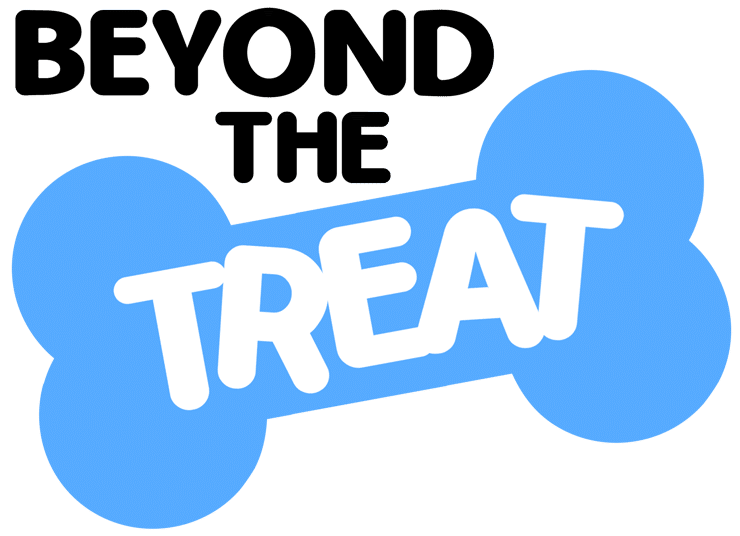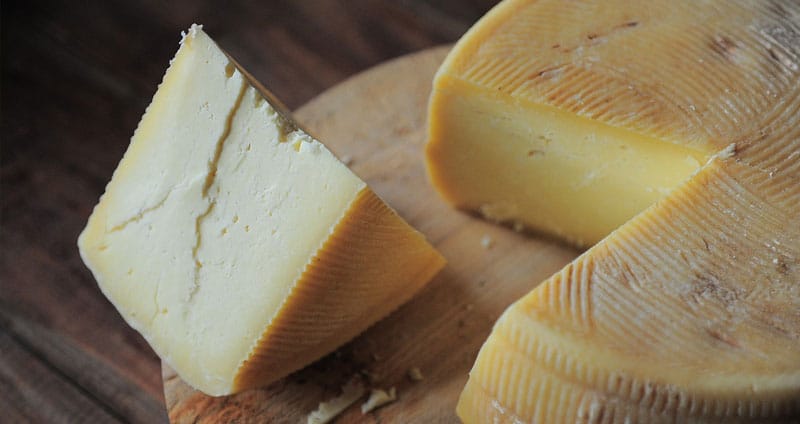Cheese is a food that people just can’t get enough of. On top of it’s irresistible taste, cheese has healthy amounts of calcium, protein, zinc, riboflavin, phosphorous, vitamin A, and vitamin B12. Due to the fact that it’s a relatively cheap food that has some excellent vitamins and minerals, you may be wondering: Can hamsters eat cheese?
Yes, hamsters can eat cheese, but only in small amounts. The occasional piece of cheese makes for a great hamster snack that’s hard to resist. However, more than a little bit of cheese can cause some health issues in hamsters.
Table of Contents
What Do Hamsters Eat In The Wild?
In order to know whether or not cheese is good for hamsters to eat, it helps to know what they naturally eat in the wild. Hamsters have only been kept as pets for a short while, meaning that they’ve been roaming free throughout Syria, Greece, Romania, Belgium and China for thousands of years. During this time, their digestive systems have become fine-tuned to efficiently digest the food that they most commonly eat.
This is why you should match you hamsters diet to the diet of a wild hamster — it’s what their bodies have been optimized for!
Hamsters are classified as omnivores, but their diets very closely resemble that of herbivores. So, wild hamsters eat a wide variety of foods to get their essential nutrients, with a majority of those foods being plant matter. Therefore, a healthy blend of nuts, grains, fruits, and vegetables make up the diet of a wild hamster.
Wild hamsters are scavengers, running around and eating basically anything that they can find. While the exact diet of a wild hamster varies depending on where exactly it’s located, the same dietary trends are present world-wide. Hamsters have a diet that consists of seeds, grains, nuts, cracked corn, fruits, vegetables, insects, frogs, and lizards.
Health Benefits & Dangers Of Cheese
After looking at the diet of wild hamsters, it’s clear why cheese doesn’t make for the best snack. Hamsters have a diet that primarily consists of plant matter, but does have the occasional insect or small reptile. So, hamsters aren’t exposed to dairy a lot, meaning that their bodies are simply not used to processing lactose.
Hamsters are frequently referred to as being lactose intolerant, meaning that their bodies can’t successfully digest and process lactose. This intolerance isn’t just present in hamsters — it’s also present in most animals once they’ve been weaned off their mother’s milk! So, this means that small amounts of cheese are okay, but any more than that could cause serious intestinal distress.
On top of the fact that cheese can’t be digested by hamsters, it’s also simply not good for them to eat! While cheese does have a lot of essential nutrients, hamsters can’t digest cheese easily, meaning that they can’t really utilize those nutrients. Not only is it nutritionally worthless, it’s also very high in fat, especially for tiny hamsters!
However, just because large amounts of cheese isn’t good for hamsters, that doesn’t mean it doesn’t make a good snack. When fed properly, cheese is a delicious treat that hamsters go crazy for, and there still are some nutritional benefits for them.
How To Properly Feed Your Hamster Cheese
Quite a few hamster owners say that their hamsters simply can’t get enough cheese. This indulgence in something so unhealthy is common among humans, so it’s not surprising that hamsters are the same way. However, just because hamsters love cheese doesn’t mean it should be fed to them regularly.
When feeding a hamster cheese, it needs to be done in very small amounts. A small piece of cheese given 2-3 times per week won’t cause harm to a hamster and is just frequent enough to keep things interesting. The cheese that you feed your hamster should be relatively standard, such as mild cheddar or Swiss. Cheese with additives is a big no-no as they could contain something that hamsters shouldn’t be eating.
If you do want to feed your hamster cheese, you first need to make sure that all of their dietary needs are being met. Cheese does contain a lot of nutrients, but it’s nowhere near a staple food in a hamster’s diet.
The primary food in a healthy hamster’s diet is a high-quality pellet or mixed food. These foods that are specifically made for hamsters provide them with most of the essential nutrients that they need to stay happy and healthy. They’re also very tasty and useful in keeping a hamster’s teeth short and clean.
Good Cheese Alternatives For Hamsters
Although cheese isn’t the worst thing that you could give your hamsters, it definitely isn’t the optimal treat. Hamsters are lactose intolerant, so digesting cheese is something that they can’t do very well. Fortunately there are other treats that are fantastic for hamsters. Below are two of our most favorite hamster treats.
OUR RECOMMENDATION
Supreme Tiny Friends Farm Lovelies Treats
One of the most popular treats for hamsters is easily these Lovelies by Supreme Pet Foods.
These treats are very tasty for hamsters and are made from natural, simple ingredients.
Two or three of these treats a week is a great way to compliment your hamster’s diet.
OUR RECOMMENDATION
Brown’s Tropical Carnival Natural Select
Seed mixes are a fantastic treat for hamsters, and they can’t get enough of them!
Wild hamsters frequently eat seeds, so this treat plays into their natural diet and remains very healthy.
2-3 seeds per day is a safe amount of seeds for hamsters that still keeps their diets interesting.



